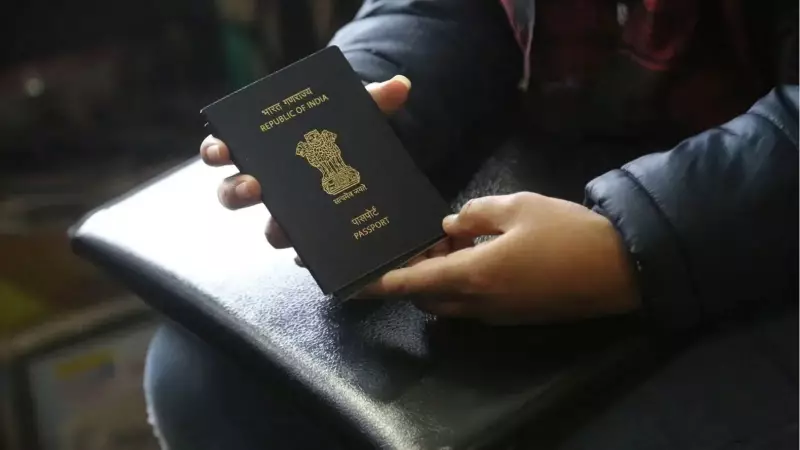
In a significant ruling that strengthens individual privacy rights, the Karnataka High Court has declared that passport copies cannot be provided to third parties under the Right to Information (RTI) Act. This judgment marks a crucial step toward protecting personal data from unauthorized access.
Privacy Triumphs Over Information Disclosure
The court emphasized that passport documents contain highly sensitive personal information that could be misused if fallen into wrong hands. This includes biometric data, personal identification details, and travel history that deserve stringent protection.
The Case That Sparked the Ruling
The judgment came in response to an RTI application where a third party sought access to someone else's passport copy. The court firmly stated that such sensitive documents fall outside the purview of RTI when requested by unrelated individuals, establishing a precedent for future cases.
Balancing RTI Rights with Privacy Concerns
While the RTI Act promotes transparency in governance, the court clarified that this cannot come at the cost of compromising an individual's fundamental right to privacy. The ruling carefully balances the need for information disclosure with the imperative of data protection.
Implications for Future RTI Applications
This decision sets a clear boundary for what information can be shared under RTI, particularly concerning personal documents. It reinforces the principle that not all information is up for public scrutiny, especially when it involves sensitive personal data.
The judgment aligns with growing global concerns about data privacy and protection, positioning India's legal framework in step with contemporary digital privacy standards.





